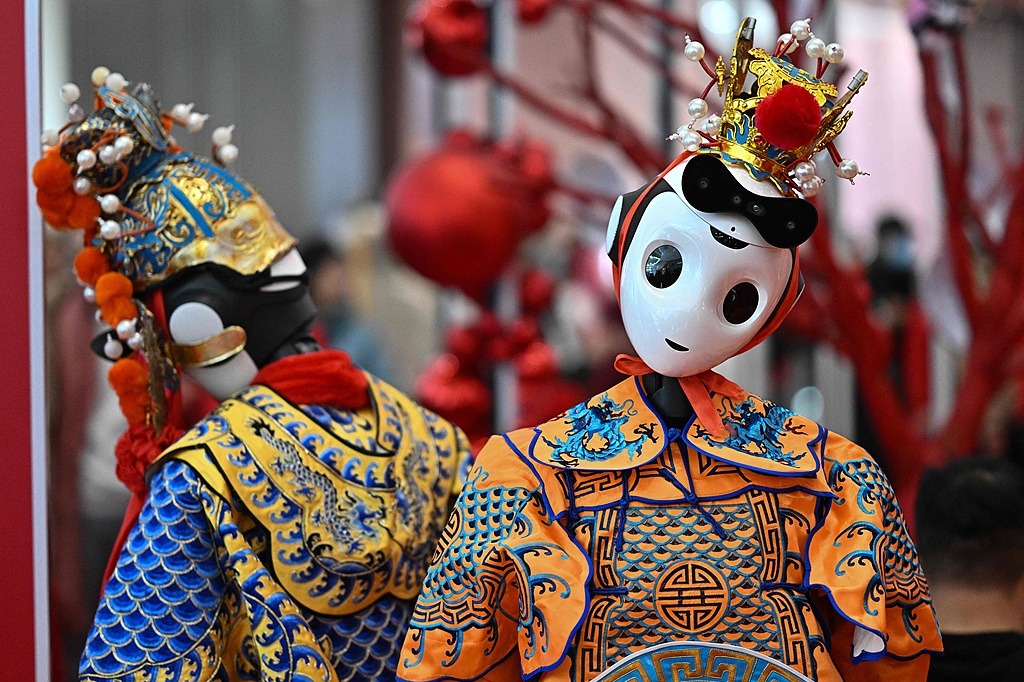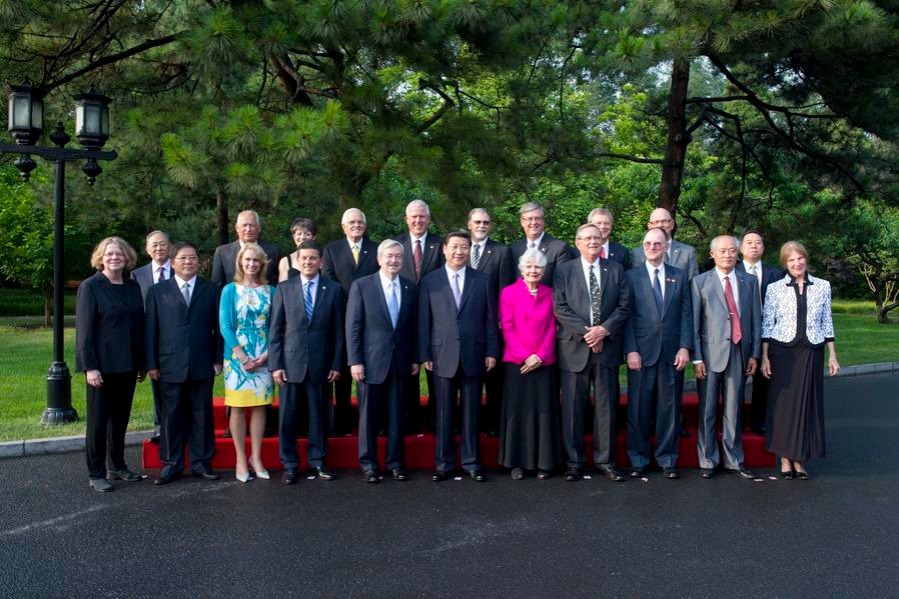Cause and effect


The Global South needs to properly handle the relationship between its intentions and capabilities
The Global South faces the dual challenges of the inherent limitations and self-perpetuation of the existing international order. The West has adopted a two-pronged strategy of overall confrontation and partial differentiation. However, the internal unity and external consistency of the Global South is likely to be strengthened. On the one hand, the existing international order is confronted with structural limitations. Western countries are seeking to maintain the hegemonic order, the core of which is the systems, norms and discourses shaped by the West, putting the Global South at a disadvantage. On the other hand, the current international order has a certain degree of self-perpetuation, with the financial strength of the United States and the status of US dollar still being reinforced. The dollar's dominance means the US financial system plays the central role in the global system. At the same time, new institutions such as the "Indo-Pacific" Economic Framework for Prosperity and the Quadrilateral Security Dialogue have been established. These institutions, old and new, are intended to maintain Western primacy.
The Ukraine crisis and the containment and blockade actions of the US-led West against Russia marked the political awakening of the Global South. More than 50 Global South countries opposed the sanctions against Russia. Meanwhile, the Global South is actively seeking to build a partnership with leeway between China and the US. In addition, members of the Global South are actively mediating in the Ukraine crisis and the Israeli-Palestinian conflict, highlighting that the Global South has become an important pole affecting the international security order. After the outbreak of the Ukraine crisis, the vast majority of Global South countries have called for a ceasefire and talks, and pushed for a de-escalation of the conflict. For example, six African heads of state formed an African mediation group. This highlights the Global South countries' growing political confidence and their new understanding of the shaping of a new international order.
The Global South is a group with common interests but loose composition, identity differences and diversified demands. The members of the Global South vary in political systems, historical background, culture, religious beliefs, and development stage, and there are disagreements, or even conflicts, in many fields. As China is a major manufacturing country, the West is trying to isolate China from the Global South and curb China's rapidly expanding influence from the perspective of geopolitical competition.
The North-South divide is the core challenge and structural feature of today's international relations. The Global South needs to properly handle the relationship between its intentions and capabilities, goals and resources, and balance the logic between order and justice, stability and reform. It should start from fields such as politics, economy, institutional platforms and international norms to comprehensively enhance its capabilities to respond.
The United Nations is the cornerstone of the international order, possessing high legitimacy and significance. The Global South should insist on maintaining the UN's authority, uphold true multilateralism, and jointly promote the realization of the UN Sustainable Development Goals (SDGs). To this end, the UN should be taken as the core pillar to lead the direction and build consensus, to call on all countries to carry out the commitments in the Declaration on the Commemoration of the Seventy-Fifth Anniversary of the UN, to implement the outcomes of the UN Summit of the Future in 2024, and to advance the reform of the global governance system.
Development is the core concern of the Global South and the key means to solving global governance challenges. At present, the Global South still lacks an effective development aid coordination mechanism. It is necessary to set up a new international aid model that focuses on the actual development needs of recipient countries. Currently, implementing the Global Development Initiative is a major path for the Global South to unite, cooperate, share development fruits and build a better world. Over the past three-plus years since the initiative was proposed, the international community has responded actively and participated widely in it. More than 100 nations and several international organizations, including the UN, have expressed their support for the initiative. Eighty-two countries have joined the Group of Friends of the Global Development Initiative initiated by China. Half of the 32 practical measures released in the outcome list of the High-level Dialogue on Global Development have been implemented or have achieved early results. The Global South countries are continuously benefiting from the project bank of the initiative.
The BRICS states, as representatives of the Global South, are a core part of the South-South cooperation platform. Over 20 countries have officially applied to join the institution, and further discussions are needed on the BRICS partner model and the list of potential partner countries to expand the Global South's influence in global governance. The possibility of a BRICS currency is being explored. Efforts should focus on BRICS institutional building, with breakthroughs in reforming traditional financial institutions, and strengthening the construction of China-led institutions, such as the Asian Infrastructure Investment Bank and the G77 and China. At the same time, it is necessary to push the World Bank to intensify its reform goal of "equal voting rights "between the Global North and the Global South, including the equity restructuring reform of the International Bank for Reconstruction and Development, the market-oriented reform of the International Development Association, and the expansion reform of the International Finance Corporation. On the issue of debt sustainability, efforts should be made to implement the debt limit policies of the International Monetary Fund and the non-concessional lending policies of the IDA, and to promote transparency, sustainability and restructuring of debt.
The rise of the Global South has brought about a diversity of values. Advocating for new concepts such as multi-polarity, multilateralism and inclusive development, the Global South has become the key driver of new international norms. Meanwhile, the US has attempted to control the Global South by supporting certain individual countries such as India and trying to exclude China from the Global South. The Global South countries must have a clear understanding of the West's divisive policies and oppose the imposition of Western norms.
The author is a professor at the School of Government at East China University of Political Science and Law. The author contributed this article to China Watch, a think tank powered by China Daily. The views do not necessarily reflect those of China Daily.
Contact the editor at editor@chinawatch.cn.


































